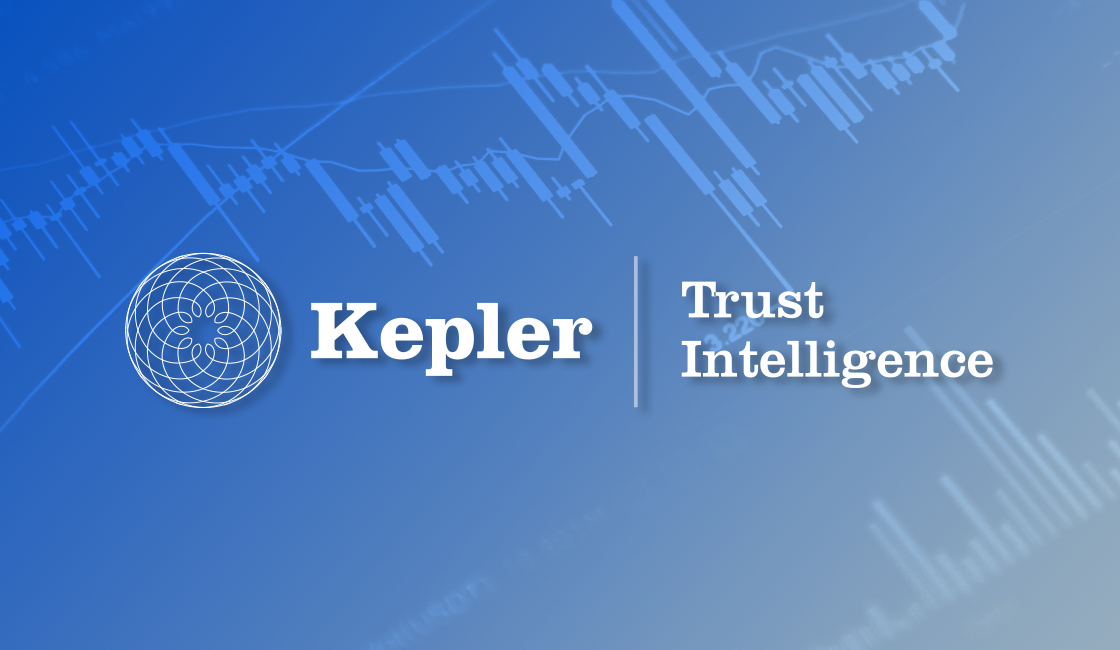Income strategies look to pay out high risk-adjusted total returns.
Article by Middlefield | Published on October 3, 2022
When Middlefield decided to rebrand and refresh its exchange-traded fund (ETF) platform, one goal was to address what it was seeing in the financial advisor channel. Dean Orrico, Middlefield’s president and CEO, says he wanted to make the asset management firm’s know-how and ability to outperform “product agnostic.”
“Whatever an advisor chooses to focus on, we have a mutual fund or an ETF to address that need,” he says.
For more than 40 years, Middlefield has created and managed specialized products—including ETFs, mutual funds, closed-end funds, private and public resource funds, split-share corporation funds, and real estate funds—for individual and institutional investors.
In 2022, Middlefield expanded its ETF platform through conversions of closed-end income funds, as well as product enhancements. Orrico shares some thoughts on the value-add for investors and financial advisors, and the role of Middlefield’s ETFs in a well-designed portfolio.
Your ETF lineup focuses on six themes: innovation, healthcare, real estate, infrastructure, U.S. equity, and sustainable global strategies. Why are these especially appealing?
Orrico: As an independent asset manager, we’re not going to be all things to all people. We want to do certain things really well. These areas are where we have expertise and a track record, with the long-term potential to generate superior returns to outpace the broader market.
In today’s market conditions, what are investors seeking that your ETFs provide?
Orrico: We’re looking to generate competitive total returns with a significant income component, allowing these themes to be value-add at all times. These strategies are appropriate over the long term and, due to the current macroeconomic environment, are even more relevant today.
Why are there particular opportunities now?
Orrico: We’re in a higher inflation environment, likely to persist. Rates will unlikely go back to pre-pandemic levels. Growth tends to underperform when rates are higher. The market has hit an inflection point. Growth isn’t as much in favour, so you need alternative sources of return. Our belief, proven by historical data, is that having a significant income component is the way to go. Middlefield’s focus on equity income positions us to deliver relatively high risk-adjusted total returns over time.
What was the thinking behind expanding your ETF platform?
Orrico: We’ve been an income manager for decades. We wanted to give investors what we think is superior expertise in an ETF structure. We did it not just by seeding ETFs, but by converting many strategies that were in a closed-end fund format, and make more sense as actively managed ETFs. So we hit the ground running with ETFs that have a solid long-term track record, are larger, and provide greater levels of liquidity.
“Middlefield’s focus on equity income positions us to deliver relatively high risk-adjusted total returns over time.”
– Dean Orrico, president and CEO, Middlefield
Why is active management important now?
Orrico: In the past six to 12 months, we’ve seen greater dispersion in the markets. For about 10 years, it was all about growth. Technology became a significant part of the overall market. Now, more passive- oriented investors have been hit hard due to the pullback in technology and growth stocks. When inflation is persistent and technology is underperforming, an active manager can add value by identifying opportunities that can outperform in the market.
How does that fit with your ETF themes?
Orrico: We talk to clients about areas like healthcare and real estate, where demand is more stable and valuations are attractive. Those types of sectors are positioned to outperform in the current environment. Moreover, historically, there has been a positive correlation between the performance of active managers when the dispersion is greater. As an active manager, we can play in all corners of the market with more of a niche strategy.
How does being an independent investment manager shape your approach to ETFs and benefit investors?
Orrico: We can be more opportunistic in the strategies we provide. Being a smaller independent, we’re less bureaucratic, have a flatter structure, and can build and launch products quickly. Importantly, we believe in making our portfolio managers available to financial advisors – virtually impossible in many larger or bank-owned firms. This can be especially helpful to advisors during periods of volatility, as it can provide valuable insight into what’s happening in markets and how that’s being reflected in Middlefield portfolios. That’s an advantage over many of our competitors.
What are some sector trends that can form ETF opportunities?
Orrico: We have already incorporated ESG across several of our strategies and adopted a comprehensive set of ESG stewardship principles. We’ll continue to supplement our platform with strategies that lend themselves well to who we are as active equity income managers. We’re also reviewing alternatives, especially in market sectors that advisors or investors have difficulty accessing on their own.

Whether you have specific investment inquiries or general questions about Middlefield, our team would be glad to help.
Contact us
Disclaimer
Commissions, trailing commissions, management fees and expenses all may be associated with mutual fund investments. Please read the prospectus before investing. You will usually pay brokerage fees to your dealer if you purchase or sell units/shares of investment funds on the Toronto Stock Exchange or other alternative Canadian trading system (an “Exchange”). If the units/shares are purchased or sold on an Exchange, investors may pay more than the current net asset value when buying and may receive less than the current net asset value when selling them. There are ongoing fees and expenses associated with owning units or shares of an investment fund. An investment fund must prepare disclosure documents that contain key information about the fund. You can find more detailed information about the fund in these documents. Mutual funds and investment funds are not guaranteed, their values change frequently and past performance may not be repeated. Certain statements in this disclosure are forward-looking. Forward-looking statements (“FLS”) are statements that are predictive in nature, depend upon or refer to future events or conditions, or that include words such as “may”, “will”, “should”, “could”, “expect”, “anticipate”, “intend”, “plan”, “believe”, or “estimate”, or other similar expressions. Statements that look forward in time or include anything other than historical information are subject to risks and uncertainties, and actual results, actions or events could differ materially from those set forth in the FLS. FLS are not guarantees of future performance and are by their nature based on numerous assumptions. Although the FLS contained herein are based upon what Middlefield Funds and the portfolio manager believe to be reasonable assumptions, neither Middlefield Funds nor the portfolio manager can assure that actual results will be consistent with these FLS. The reader is cautioned to consider the FLS carefully and not to place undue reliance on FLS. Unless required by applicable law, it is not undertaken, and specifically disclaimed that there is any intention or obligation to update or revise FLS, whether as a result of new information, future events or otherwise.
This material has been prepared for informational purposes only without regard to any particular user’s investment objectives or financial situation. This communication constitutes neither a recommendation to enter into a particular transaction nor a representation that any product described herein is suitable or appropriate for you. Investment decisions should be made with guidance from a qualified professional. The opinions contained in this report are solely those of Middlefield Limited (“ML”) and are subject to change without notice. ML makes every effort to ensure that the information has been derived from sources believed to reliable, but we cannot represent that they are complete or accurate. However, ML assumes no responsibility for any losses or damages, whether direct or indirect which arise from the use of this information. ML is under no obligation to update the information contained herein. This document is not to be construed as a solicitation, recommendation or offer to buy or sell any security, financial product or instrument.












